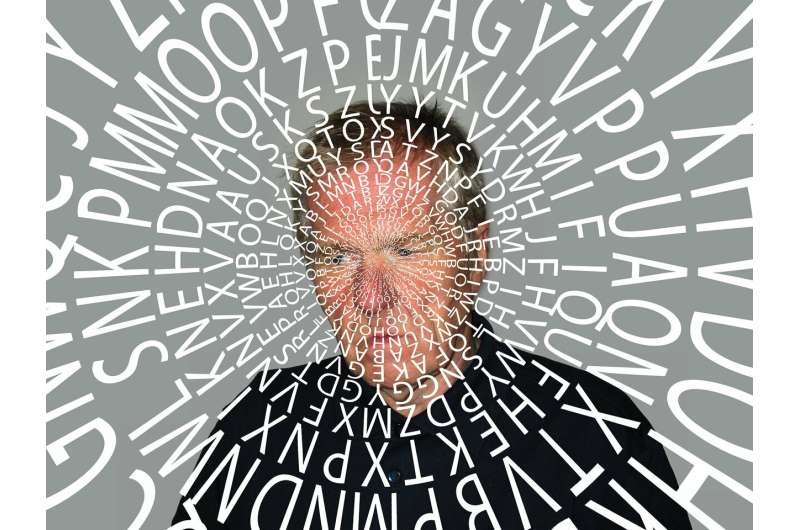Exploring the Psychological Roots of Internet Addiction

A groundbreaking study investigates the psychological factors and self-control mechanisms behind internet addiction, highlighting potential pathways for prevention and intervention.
Researchers led by Prof. Dr. Matthias Brand from the University of Duisburg-Essen are investigating the underlying psychological and neurobiological mechanisms that contribute to internet addiction. Since 2020, their studies have focused on understanding how patterns of thinking and behavior, particularly self-control functions, influence the development and persistence of problematic internet use. Their initial findings, published in the American Journal of Psychiatry, reveal that individuals with addictive internet behaviors tend to take longer to filter out distractions and engage more frequently in impulsive and risky decisions compared to those without such symptoms. Although these differences fall within the normal range, they remain significant even after accounting for factors like age, intelligence, and mental health issues such as depression. The research suggests a potential chain reaction: difficulties in self-control might predispose individuals to internet addiction, which in turn can further impair self-control over time. Between 2021 and 2024, over 1,000 volunteers across Germany participated in cognitive tasks and questionnaires, enabling the team to classify participants as having problematic, risky, or non-problematic internet use based on standardized addiction criteria. The comprehensive scope of this study makes it unique worldwide and provides valuable insights into the mechanisms driving addictive online behaviors. These findings underscore the importance of understanding self-control processes in the prevention and treatment of internet addiction.
Stay Updated with Mia's Feed
Get the latest health & wellness insights delivered straight to your inbox.
Related Articles
Genetic and Environmental Factors in Family Mental Health: Breaking the Cycle
A groundbreaking study reveals that while mental health issues often run in families, they are not predetermined. Strengthening family environments and early interventions can break this cycle and promote resilience.
How to Protect Yourself from Narcissists' Use of Passive Aggression
Learn effective strategies to defend yourself against passive-aggressive behavior from narcissists and protect your emotional well-being.
Study Finds Strong Friend and Sibling Bonds Help Preteens Adjust to School and Early Adolescence
New research shows that close friendships and sibling relationships play a vital role in helping preteens adjust emotionally to school and early adolescence, especially amidst family challenges.
Expressing Love Enhances Feelings of Being Loved and Well-Being
Engaging in small, daily acts of love can increase feelings of being loved and improve overall well-being. A recent study highlights the psychological benefits of expressing love regularly.



